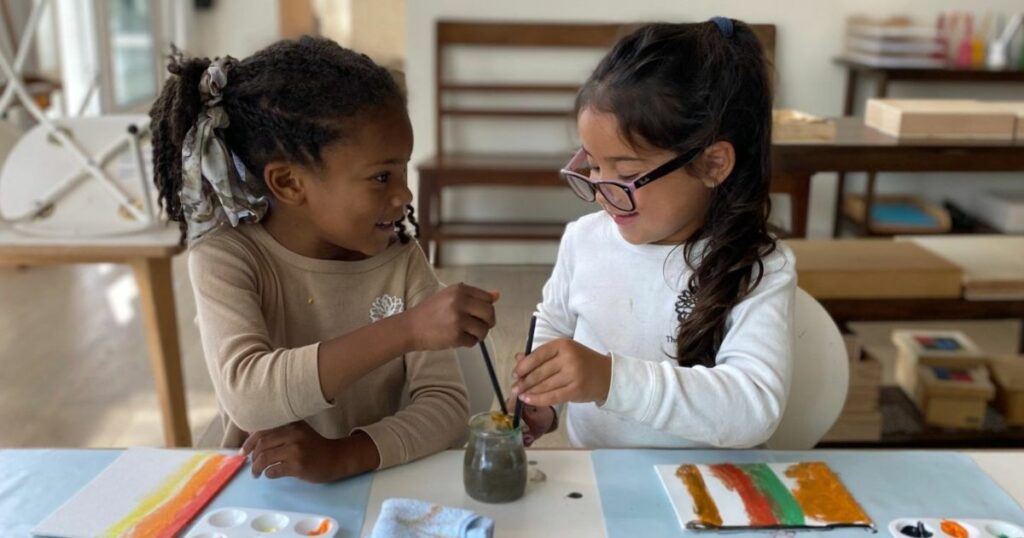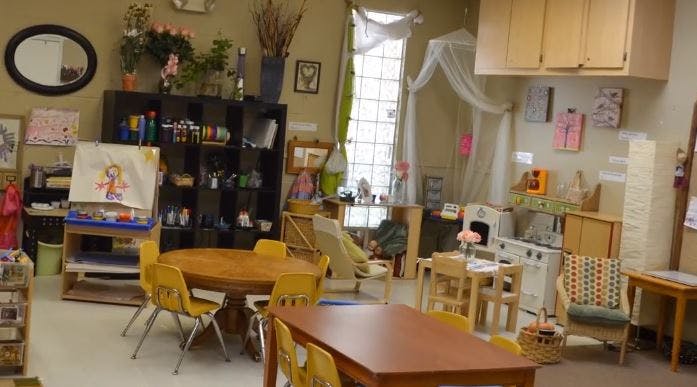Montessori Education is an innovative and highly effective educational approach that places the needs and unique developmental stages of children at the forefront of its methodology. Its impact on the world of education has been profound, with widespread implementation across the globe. In this enlightening article, we will delve into the rich history and evolution of Montessori Education, tracing its transformation towards child-centered learning. Dr. Maria Montessori, an accomplished Italian physician, and educator, founded this approach in the early 20th century. It is based on extensive scientific observations of children, emphasizing independence, exploration, and respect for each child’s natural psychological development. The very first Casa dei Bambini in Rome sparked a powerful global educational movement that continues to thrive today. The refinement of Montessori materials, integration of cutting-edge technologies, and a strong focus on inclusive and culturally relevant pedagogy contribute to the ongoing success of Montessori Education. The legacy of Montessori Education is a testament to its unwavering commitment to fostering the growth and potential of every single child.
The Genesis: Maria Montessori’s Vision
Maria Montessori’s vision was born out of a combination of scientific inquiry, social activism, and profound insight into child development. Her background as the first female physician in Italy allowed her to approach education from a unique standpoint, blending medicine, psychology, and pedagogy.
Maria Montessori founded the Montessori Method. Her revolutionary ideas were:
- Child-Centered Approach: Recognizing the child as an eager learner and natural explorer. Focusing on individual children’s needs, interests, and abilities, this approach encourages growth and development at the child’s pace, treating each child as a unique learner.
-
Importance of Sensitive Periods: Identifying critical growth phases where specific learning takes place. Recognizing children as independent beings with their thoughts and feelings, this principle teaches respect for their choices, opinions, and autonomy.
-
Emphasis on Independence: Cultivating independence through self-directed activities. Encouraging tactile and sensory experiences that promote cognitive growth, this approach allows children to manipulate materials, experiment, and discover. Children are guided by their curiosity and interests, choosing activities, and learning at their own pace, fostering autonomy, and self-reliance.
-
Integration of Practical Life Skills: Including everyday skills within the curriculum. teaching daily life skills like dressing, cooking, and cleaning builds independence and a sense of responsibility, vital for personal growth. By making learning a joyous and self-motivated pursuit, children are encouraged to remain curious and passionate about education throughout life.
First Montessori School: Casa dei Bambini
The Casa dei Bambini, or “Children’s House,” was the first Montessori school, founded by Dr. Maria Montessori in 1907. It was located in the San Lorenzo district of Rome, Italy, a poverty-stricken area at the time. The school was part of a housing project aimed at improving living conditions for the local community.
The school’s remarkable success marked the beginning of the Montessori movement. Key highlights were:
-
Inclusion of Underprivileged Children: Dr. Maria Montessori’s innovative child-centered approach, which emphasized the needs and potential of each individual learner, was the foundation of a movement focused on helping impoverished children. Her philosophy marked a significant shift in educational thinking.
-
Development of Montessori Materials: Introducing specially designed educational materials. Montessori created distinctive educational tools that offered hands-on and sensory experiences. These materials, such as the Pink Tower, Sandpaper Letters, and Number Rods, allowed children to explore and comprehend abstract concepts.
-
Observation-Based Curriculum: The practice of Montessori education was standardized and collaboration, research, and advocacy were facilitated through the establishment of international and national Montessori associations. This approach to learning is shaped by the interests and needs of children.
Conclusion: A Lasting Legacy
The principles of Montessori Education provide a guiding light for an enlightened understanding of child development, education, and human potential. The Montessori Method emphasizes the importance of personalized learning, where educators focus on the unique needs and interests of each child, creating a learning environment that encourages exploration, discovery, and creativity. This approach encourages children to take responsibility for their own learning, promoting self-motivation, problem-solving skills, and critical thinking. Moreover, the Montessori Method recognizes the importance of social-emotional development, emphasizing the cultivation of empathy, respect, and collaboration, which are essential skills for navigating the complexities of our modern world.
In conclusion, the Montessori Method is a dynamic and innovative approach to education that has had a profound impact on educational practices. Its principles have created a foundation for raising responsible and thoughtful global citizens, and its influence continues to be felt in today’s diverse educational landscape. Through personalized learning, the fostering of independence, creativity, and empathy, and a focus on social-emotional development, the Montessori Method provides a roadmap for an enlightened understanding of child development, education, and human potential.






